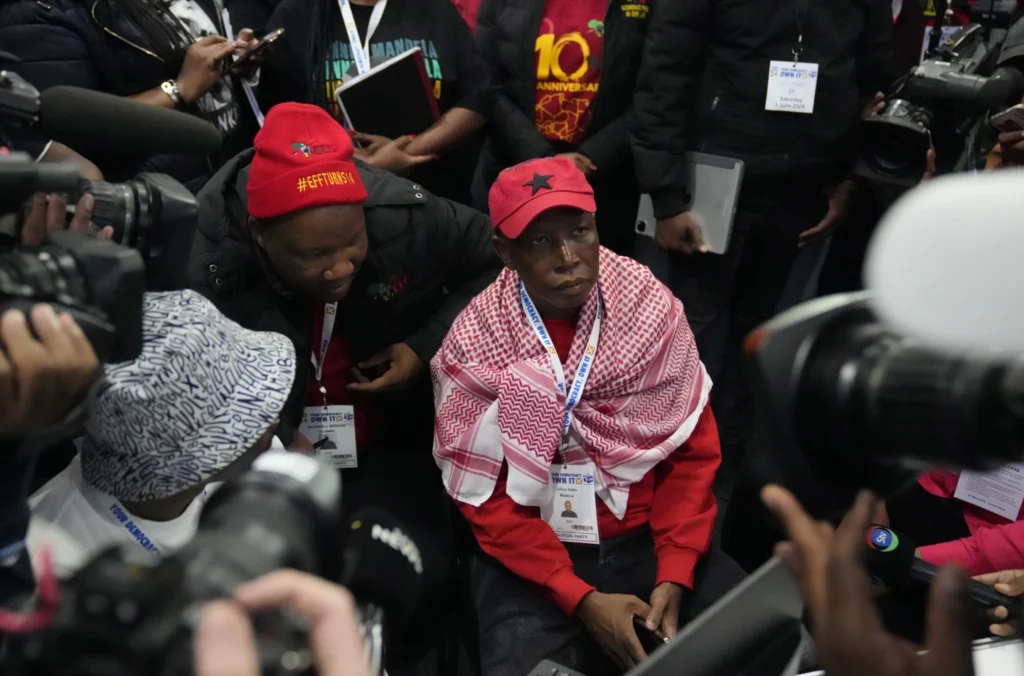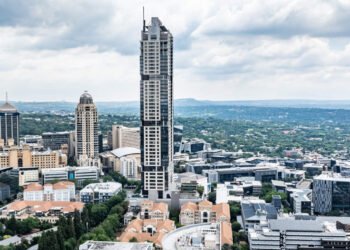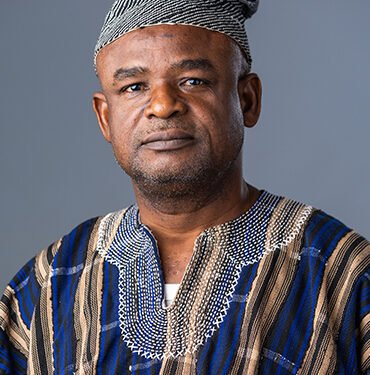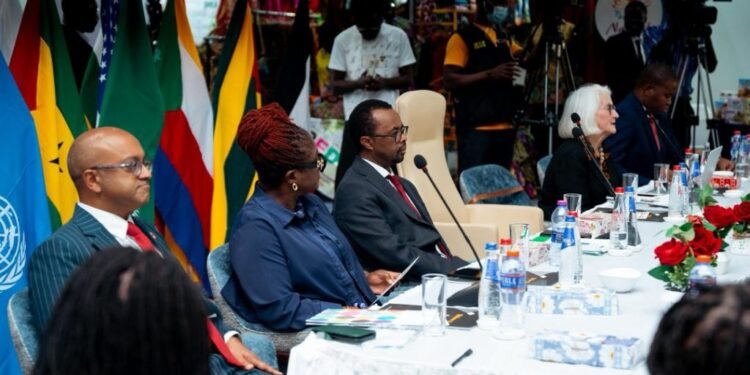The African National Congress (ANC) lost its parliamentary majority in a landmark election, setting South Africa on an uncharted political course not seen since the end of apartheid three decades ago.
With over 99% of the votes tallied, the ANC secured just over 40% of the ballots in Wednesday’s election. This is significantly below the majority it had maintained since the iconic 1994 all-race vote that ended apartheid and propelled Nelson Mandela to power.
While the Independent Electoral Commission is yet to formally declare the final results, it is clear the ANC will not reach the 50% mark.
Initially, the electoral commission indicated it would announce the results by Sunday, June 2 though an earlier declaration remains possible.
Opposition parties have heralded the election outcome as a pivotal victory for a nation grappling with profound poverty and inequality.
Nevertheless, the ANC retains its position as the largest party, necessitating the pursuit of coalition partners to sustain governance and secure a second term for President Cyril Ramaphosa.
In South Africa, the president is elected by Parliament following national elections.
“The path to rescuing South Africa starts with breaking the ANC’s majority, and we’ve achieved that,” stated John Steenhuisen, the leader of the main opposition Democratic Alliance (DA).
Steenhuisen’s Democratic Alliance garnered approximately 21% of the vote. Former President Jacob Zuma’s newly established MK Party, which has turned against the ANC, emerged third with over 14% in its inaugural election. The Economic Freedom Fighters (EFF) secured fourth place with just over 9%.
With more than 50 parties contesting the election, many obtained minimal shares of the vote. Given the significant gap to a majority, the DA and MK Party are the most likely coalition partners for the ANC.
Coalition Talks To Begin
Urgent coalition discussions are imminent, as Parliament must convene and elect a president within 14 days of the official results declaration, prompting a flurry of intricate negotiations.
Steenhuisen has indicated his centrist party’s openness to coalition talks. Meanwhile, the MK Party stipulated that any coalition agreement must exclude Ramaphosa as ANC leader and president, reflecting the intense political rivalry between Zuma, who resigned amid corruption allegations in 2018, and Ramaphosa, his successor.
“We are open to negotiating with the ANC, but not the ANC led by Cyril Ramaphosa,” stated MK Party spokesperson Nhlamulo Ndlela.
Both the MK Party and the EFF advocate for the nationalization of key economic sectors. The Democratic Alliance, perceived as business-friendly, is seen by analysts as a more attractive coalition partner for the ANC from a foreign investor perspective.

However, political feasibility remains questionable, given the DA’s longstanding role as a critical opposition force.
An ANC-DA coalition “would be like a marriage of two drunk people in Las Vegas. It will never work,” remarked Gayton McKenzie, leader of the smaller Patriotic Alliance.
Despite the prevailing uncertainty, opposition parties are celebrating the new political reality as a much-needed transformation for South Africa, a nation of 62 million people.
South Africa is Africa’s most developed country but also one of its most unequal, with widespread poverty and exceptionally high unemployment rates. The ANC has struggled to elevate the living standards for millions of South Africans.
With an official unemployment rate of 32%, one of the highest globally, poverty disproportionately affects Black South Africans, who make up 80% of the population and have been the ANC’s primary support base.
Voters have blamed the ANC for its failure to provide basic government services, which has left millions without access to water, electricity, or adequate housing, culminating in a significant voter backlash.
According to the Independent Electoral Commission, nearly 28 million South Africans registered to vote, with turnout expected around 60%.
The historic election marks a critical juncture in South Africa’s democratic journey, with the future political landscape now hinging on forthcoming coalition negotiations.























